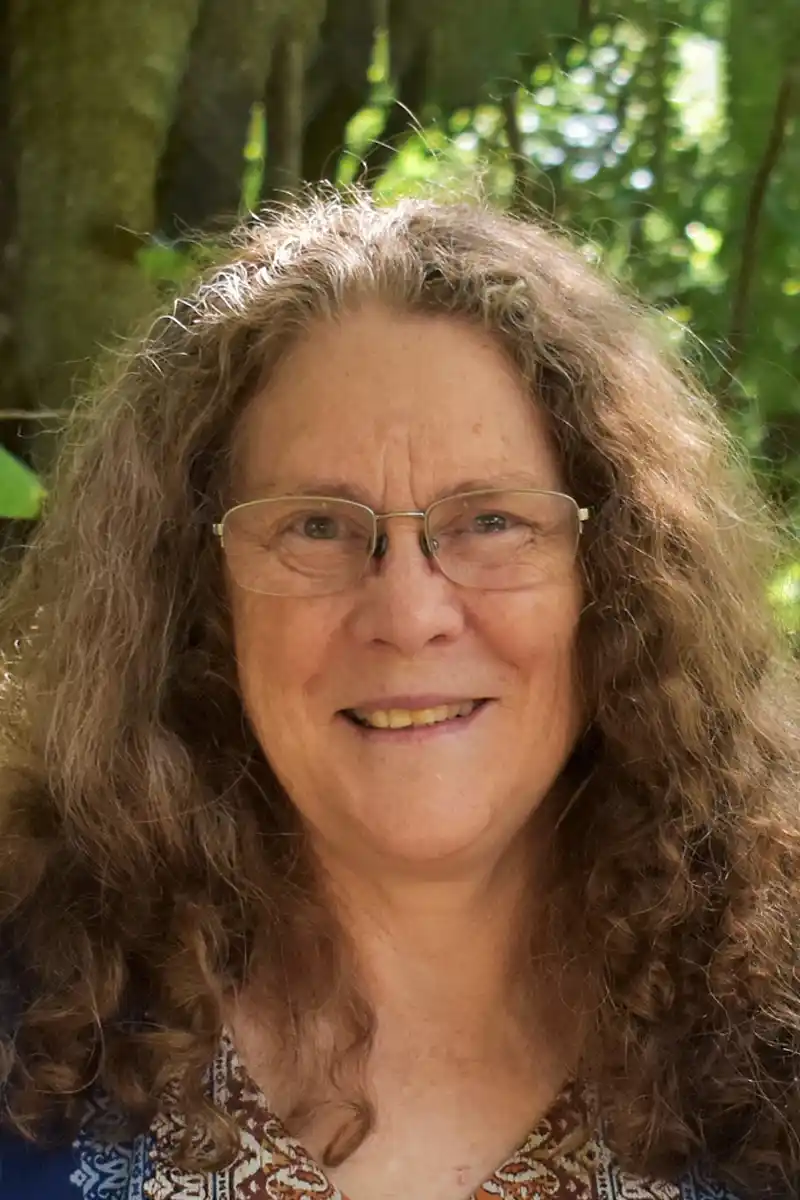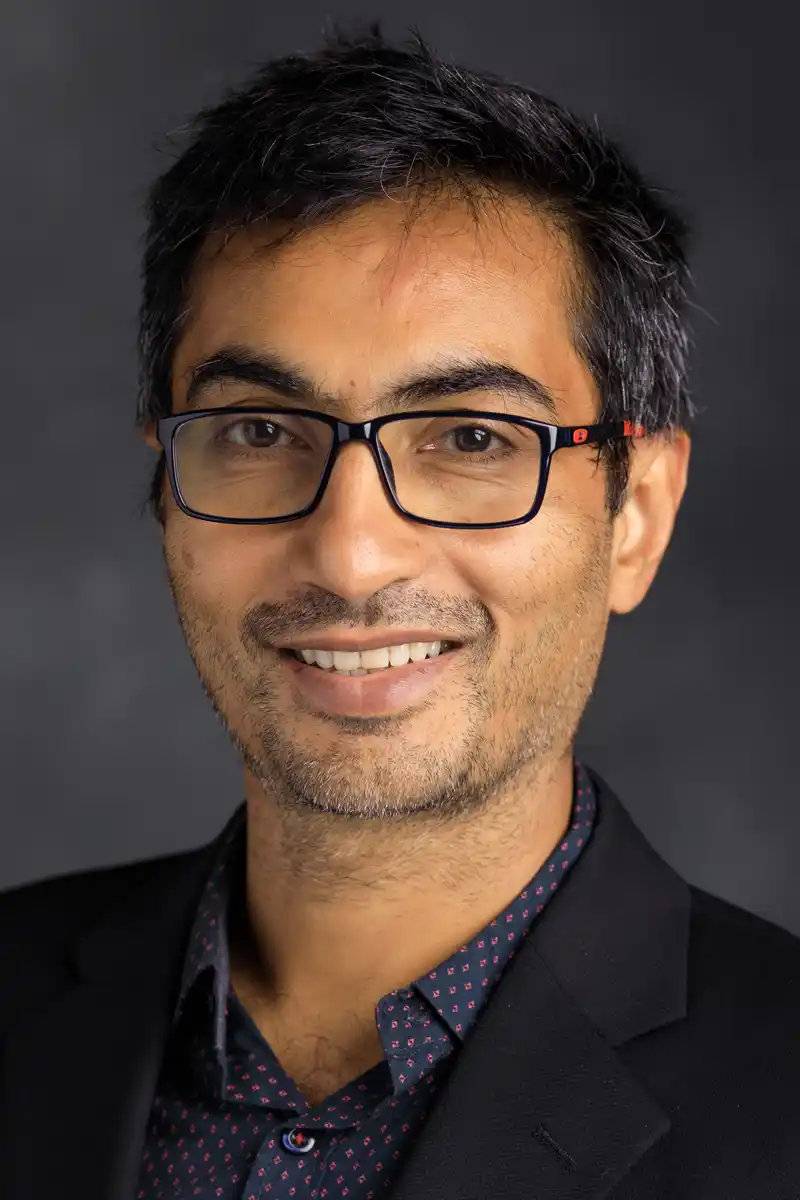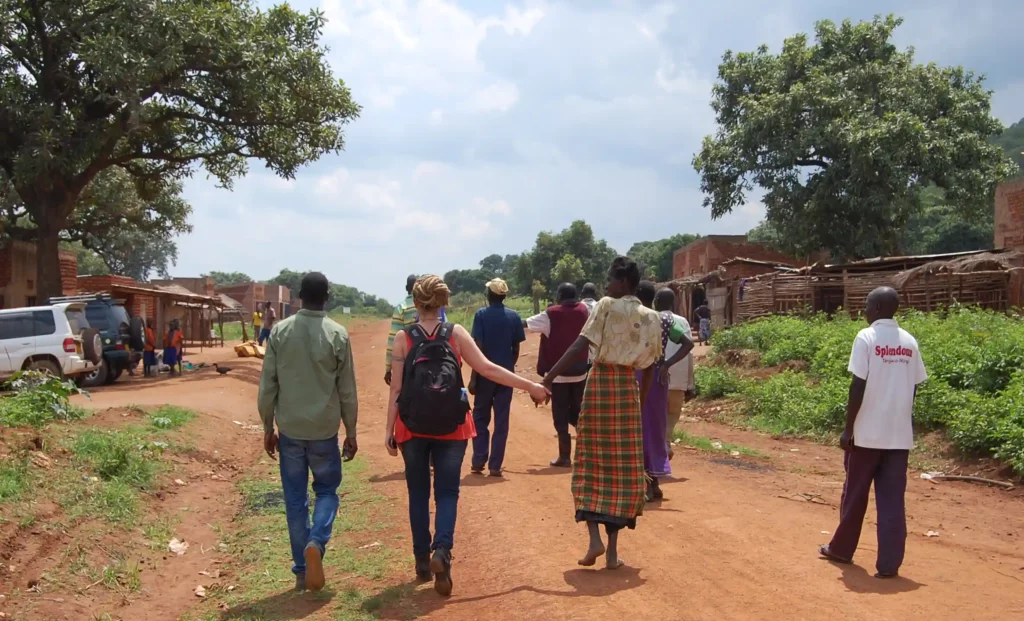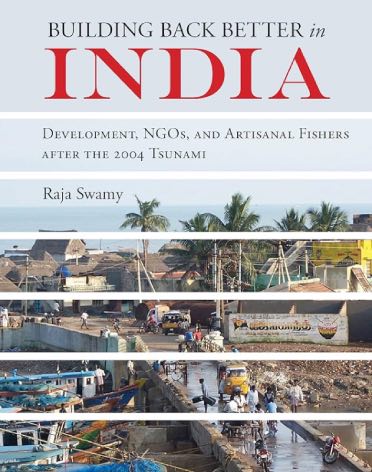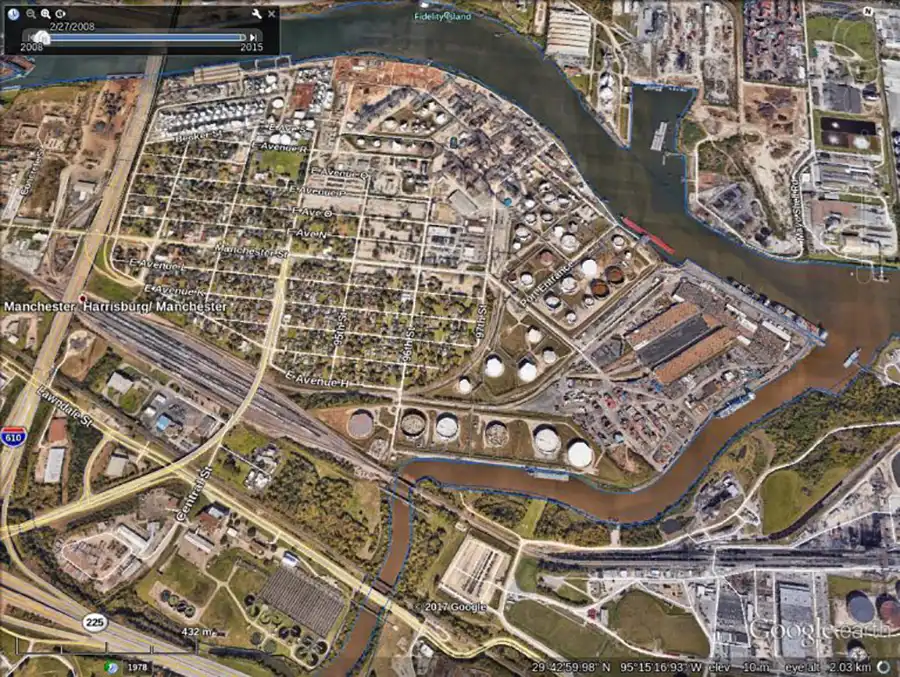

The DDHR Program
The Disasters, Displacement, and Human Rights Program (DDHR) promotes holistic training, collaborative research, rigorous theoretical approaches, and creative and innovative scholarly work on historical and contemporary problems. DDHR faculty and students study global and local issues across historical and geographical scales, bringing a critical focus to disasters, migration, displacement, the substantive struggles facing refugees and asylum seekers, and the relationship between these and social inequality.
About The Disaster, Displacement & Human Rights Program
The DDHR Program promotes holistic training, collaborative research, rigorous theoretical approaches, and creative and innovative scholarly work on historical and contemporary problems. DDHR faculty and students study global and local issues across historical and geographical scales, bringing a critical focus to disasters, migration, displacement, the substantive struggles facing refugees and asylum seekers, and the relationship between these and social inequality. Our faculty and students, working across sub-disciplines, have engaged in post-conflict investigations using innovative forensic approaches, assisted refugees and their advocates in asylum cases, and aided communities with problems relating to the repatriation of human remains after violent conflicts. DDHR brings together scholarly inquiry into structural and political violence, economic development / underdevelopment, global inequality, resource access / extraction, environmental justice and food (in)security, identity and social inequality, and climate change. We foster critical and nuanced perspectives on the substantive concepts of human rights and the international legal norms and institutions that embody and enact them.
UT Anthropology offers a graduate certificate and an undergraduate concentration in DDHR. Required courses include the Anthropology of Human Rights, Forensic Science and Human Rights, and Disasters. A range of subdisciplinary electives allows students to specialize while fostering holistic training. Access to the department’s first-rate resources, such as the Forensic Anthropology Center and the Anthropological Genetics Lab, archaeological field schools, and ethnographic field research opportunities locally, nationally, and internationally, provide students with opportunities to develop knowledge and skills in-context.
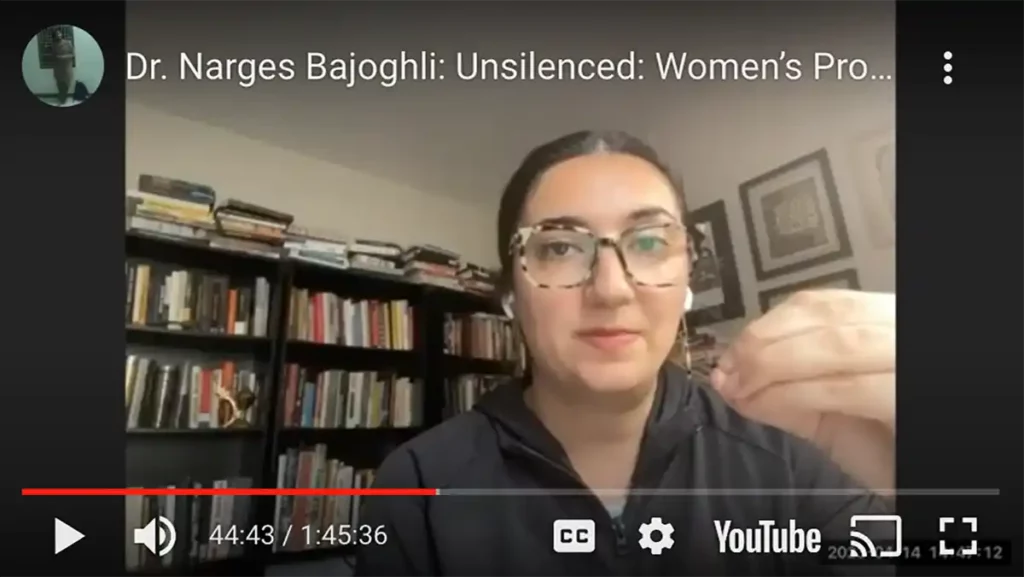
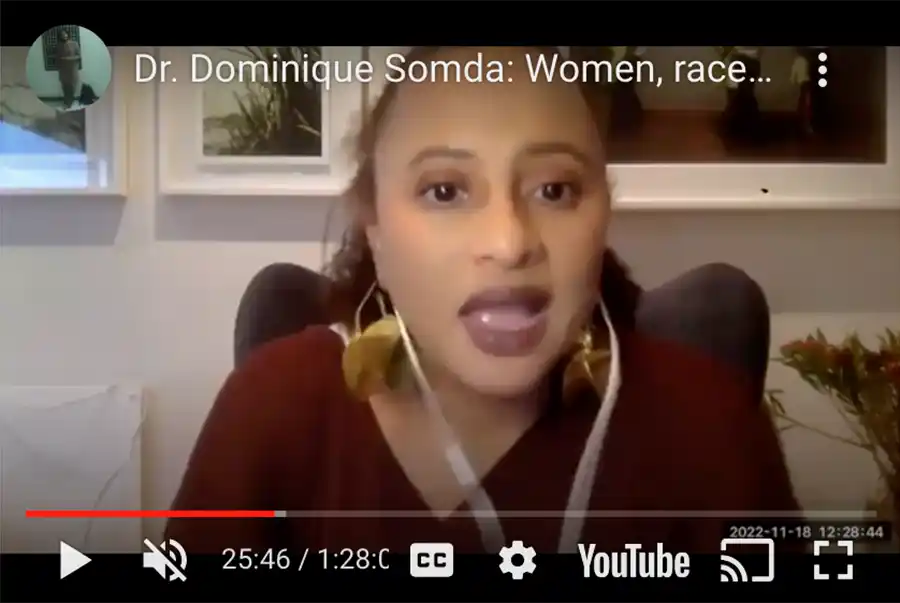
Webinar Series
DDHR Webinars draw critical attention to contemporary social crises as they impinge upon the physical, social, and economic well-being of human populations across the world. Spanning a range of foci the series aims to invite conversation and dialogue, by inviting scholars to discussing specific themes that link the study of disasters, displacement and human rights to critical research into the inequalities, structural violence as well as tenacious forms of popular critique and resistance that shapes our contemporary social landscape.
Faculty
Associate Professor & Associate Head; Associate Curator of Paleoethnobotany, McClung Museum of Natural History & Culture
Anthropological Archaeology
Projects
- The Agency of the Dead, Transitional Justice, and Forensic Science in Northern Uganda
- Hurricane Harvey and Houston, a critical disaster studies project



